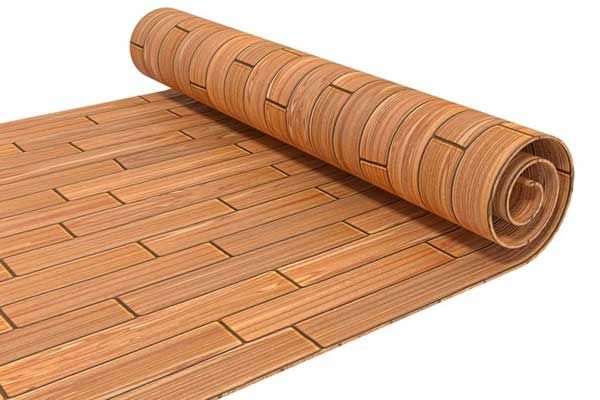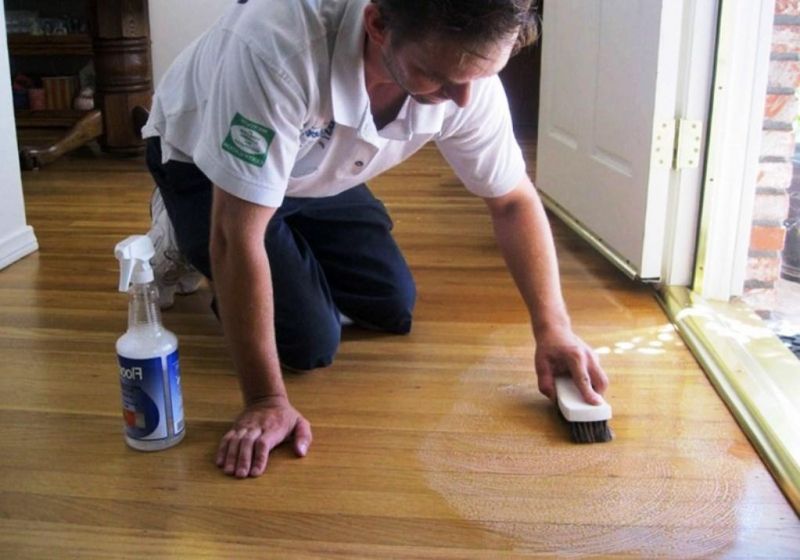How to wipe a handle off linoleum
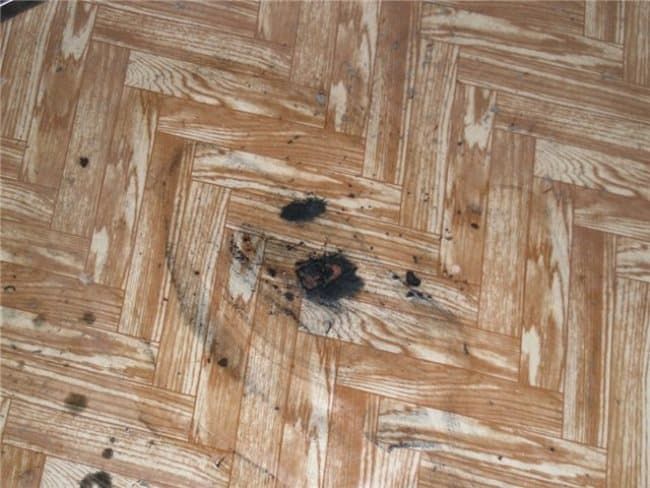 The ink contains dyes and special oils. They guarantee good stability, which is why if ink gets on linoleum it is so difficult to get rid of. But there are many products that can effectively remove contamination.
The ink contains dyes and special oils. They guarantee good stability, which is why if ink gets on linoleum it is so difficult to get rid of. But there are many products that can effectively remove contamination.
The content of the article
How to remove a ballpoint pen from linoleum
To remove stains, you can use household chemicals or improvised means. The choice depends on the size and intensity of the contamination.
Minor stains can be removed with the following substances:
- Soap and water.
- Shampoo.
- Detergents.
- Soda.
- Washing powder.
Important! But if the stains are large or have already dried out, you will need to use more effective methods.
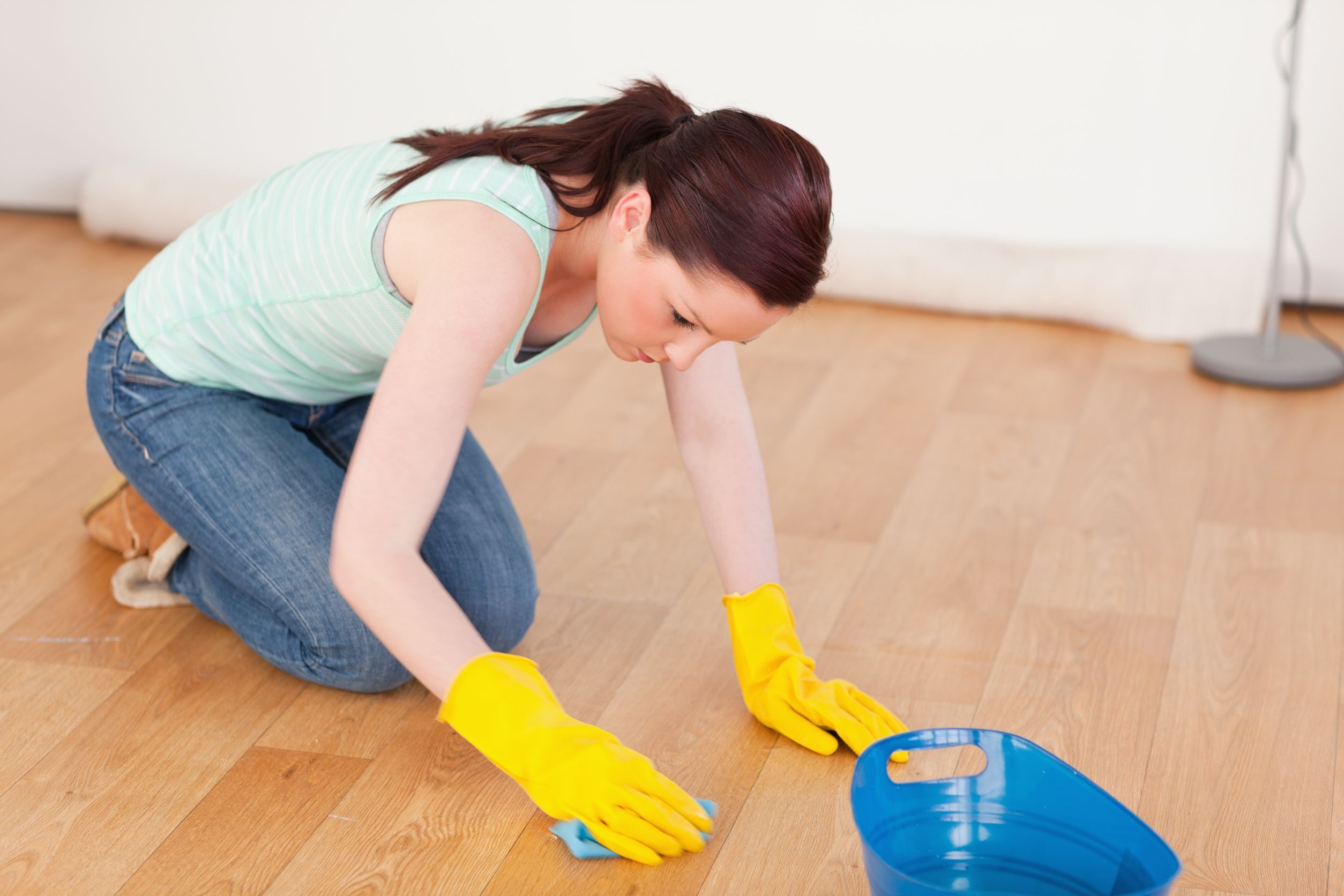
Folk remedies
You can remove ink blots with improvised means, which you store in the kitchen, bathroom or home pharmacy. The most common cleaning substances:
- Nail polish remover.
- Vinegar.
- Alcohol.
- Hydrogen peroxide.
Hydrogen peroxide
Simple peroxide can fade and completely remove small ink stains. To do this you need:
- Soak a rag or cotton swab with peroxide.
- Wipe the ink with a rag containing the solution.
- Remove any remaining peroxide with water.
If the stains are fresh and small in size, they will come out without problems, so it is better to use this method immediately when contamination appears.
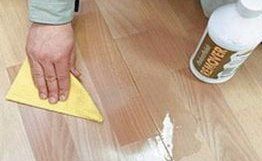
Vinegar and potassium parchment
Potassium parchment is manganese. Table vinegar contains an average concentration of acid, which is enough to remove ink. Vinegar can be used on its own, but adding potassium parchment will make the cleaning process more effective. You need to do the following:
- Pour half a glass of vinegar.
- Add a little manganese.
- The end result is a light pink mixture. Apply it to a rag or cotton wool.
- Three places of pollution.
- Fresh blots will disappear instantly. And on dried ones you need to keep the solution for 20 minutes.
- Vinegar and manganese are washed off with water.
- If the ink does not come out completely. We repeat the cleaning.
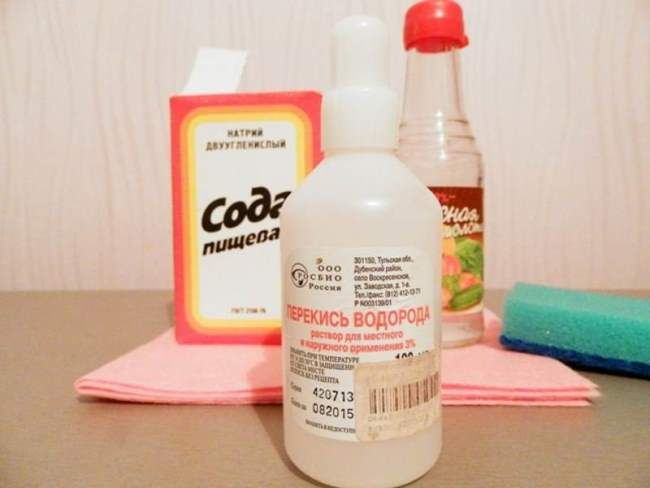
Acetone
Ink is easily removed with nail polish remover and acetone. To remove a stain with acetone you need:
- Apply the solution to cotton wool or a rag.
- Three contaminated areas until the stain disappears.
- Wash off the remaining solution with a wet cloth.
Note! If you rub too hard, there is a risk that the natural color of the material will disappear.
Acetone can remove both fresh and old stains. It removes ink from pens, markers and markers.
Alcohol
Alcohol is a product that can remove many types of contaminants. The substance is good for removing fresh blots, but worse for dried ones. To remove stains you need:
- Apply alcohol to a cotton swab or rag.
- Rub the area until the stain is removed.
The effectiveness of this method is that alcohol is able to remove ink paste without harming the coating.
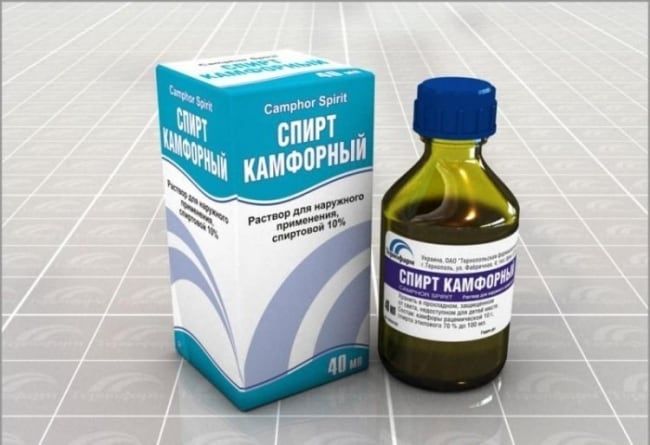
Special means
There are special products that fight various types of stains on surfaces. The following can be distinguished:
- White.
- Vanish.
The latter remedy is better, since whiteness will make the natural color of the coating lighter. Substances are applied as follows:
- Pour onto cotton wool or washcloth.
- Three within two minutes.
Note! It is not recommended to leave white on the surface, waiting for it to eat away the stain. Along with the stain, it will also remove the natural color of the material. Also make sure that the whiteness does not extend beyond the area being treated.
There are also more aggressive scrubbing methods. For example, gasoline and kerosene. They can remove ink stains, but there is a high risk of damaging the surface. Be careful.
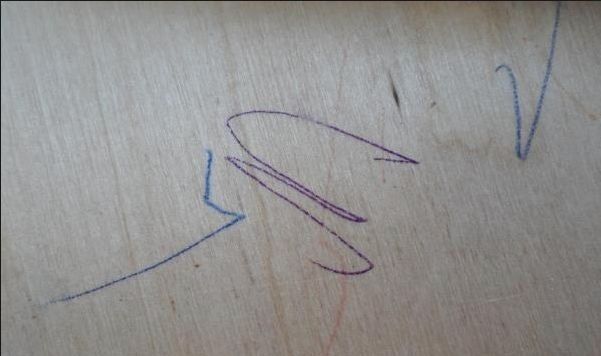
Melamine sponge
A useful sponge that can remove many stains, including ink stains. Use it this way:
- The sponge is cut into 4 parts. This is necessary to save money, since stains can be removed with only one part, and the remaining 3 will be useful in the future.
- Wet the sponge.
- Three spot.
Among the advantages of melamine sponge are:
- Effective in removing stains.
- Affordable price.
- Ease of use (similar to an eraser for erasing a simple pencil).
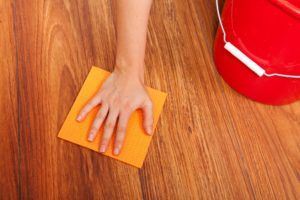
Removing ink from linoleum is not so easy. You need to be very careful. If one method doesn't work, try another. Combinations can also be used. If you find a suitable method, but it only removed part of the contamination, try repeating it.




